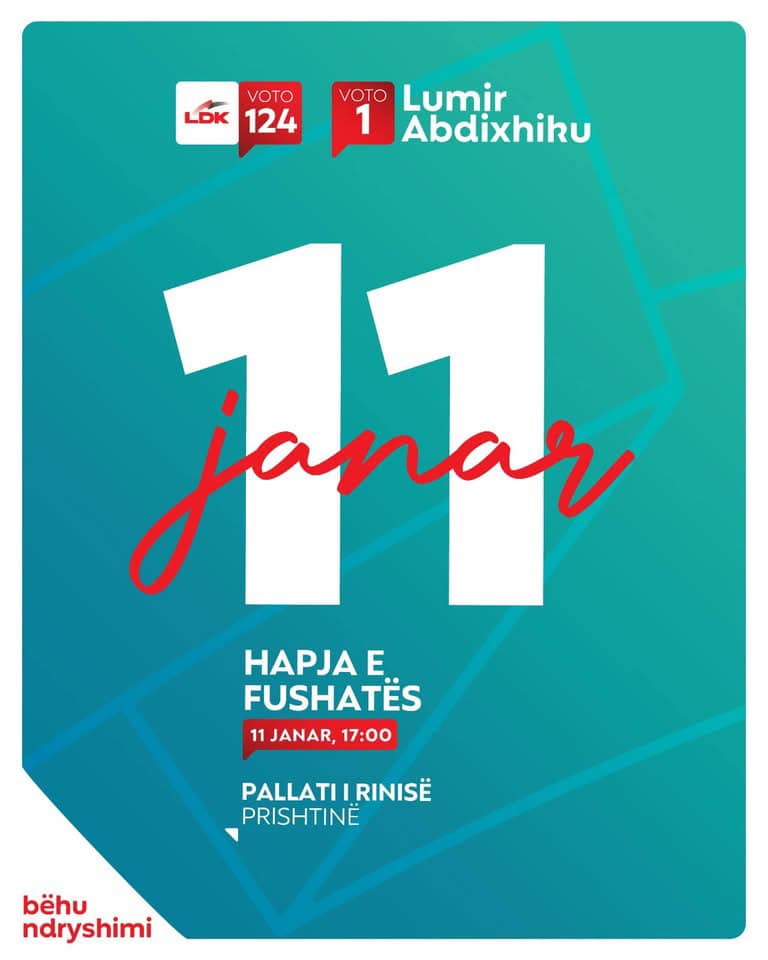 By Meliza Haradinaj exclusive for “Presheva Jonë”
By Meliza Haradinaj exclusive for “Presheva Jonë”
Foreword
The first time I saw Oxford was on the orientation day for International Freshers at the Examination Schools in late October 2011. ‘In Oxford, the sun is always shining and the sky is always blue’ said the Vice-Chancellor in his addressing speech. Little did I know then about Oxford sun and sky, but it made me feel special and blessed.
There are too many colleagues with whom I have discussed Kosovo and International Politics to list here. Even if I disagree with some, listening on the other point of view has been very useful to me, and critical to my thoughts. I do not think there is a major difference among our judgements whether Kosovo should or shouldn’t be recognized as a country, if we apply our knowledge technically. Our judgements and actions are easily deciphered if we take enough time to understand countries’ respective histories. As our program Director Mr Jeremy Cresswell notably underlined in his introductory lecture to our class, it all goes down to ‘where the other guy is coming from.’ I will remember his precious diplomatic guidance for the whole course of my career.
My childhood was sad and sour, but it made me stronger. We were a generation that did not read history in the books; we are the ones who made it. We were raised by fear, anger and restraint. But we never abandoned our identity, pride and values. We secretly grew them inside our hearts, because we believed in mankind, freedom and life. On this note, it is my strong belief that our generations’ role is to try to understand history properly, and gradually smooth out our differing judgements, so that we strongly commit to make our communities better off by accepting our differences, but uniting our efforts to a common goal.
I am indebted to numerous people for their continuous support. I have always depended on my friends and colleagues for ideas, energy, criticism, advice, support and forgiveness. Their love keeps me going.
I am very grateful for the exceptional Chevening Scholarship awarded by the Foreign and Commonwealth Office and British Council that have financially supported my overall postgraduate studies here at Oxford. My special thanks to HE Ian Cliff, UK
Ambassador to Kosovo and Ms Arjeta Emra, Head of the British Council, Kosovo for their invaluable support.
The Director of South-East European Studies in Oxford Mr. Othon Anastasakis has been the most valuable contributor to the quality of this work. I am thankful for his continuous substantial advice and patience while supervising the gradual progress of
this dissertation.
I dedicate this thesis to my parents, who raised me with bread and books, to the person I am today. Your blessings are my greatest strength. I am indebted to my brother Argjent, who spend many sleepless nights with me on Skype discussing major Kosovo issues so that I could finally decide on this topic which, I believe, will be put in a good use in the future to advance peace, tolerance and understanding among the communities in Kosovo. For it has been our value for centuries.
Our memory shapes our present. Our vision will shape our future.
‘My beginning was Kosovo, my life is Kosovo, and my end will be Kosovo.’ I have valid reasons to say so.
Meliza Haradinaj
Oxford & Prishtina
















